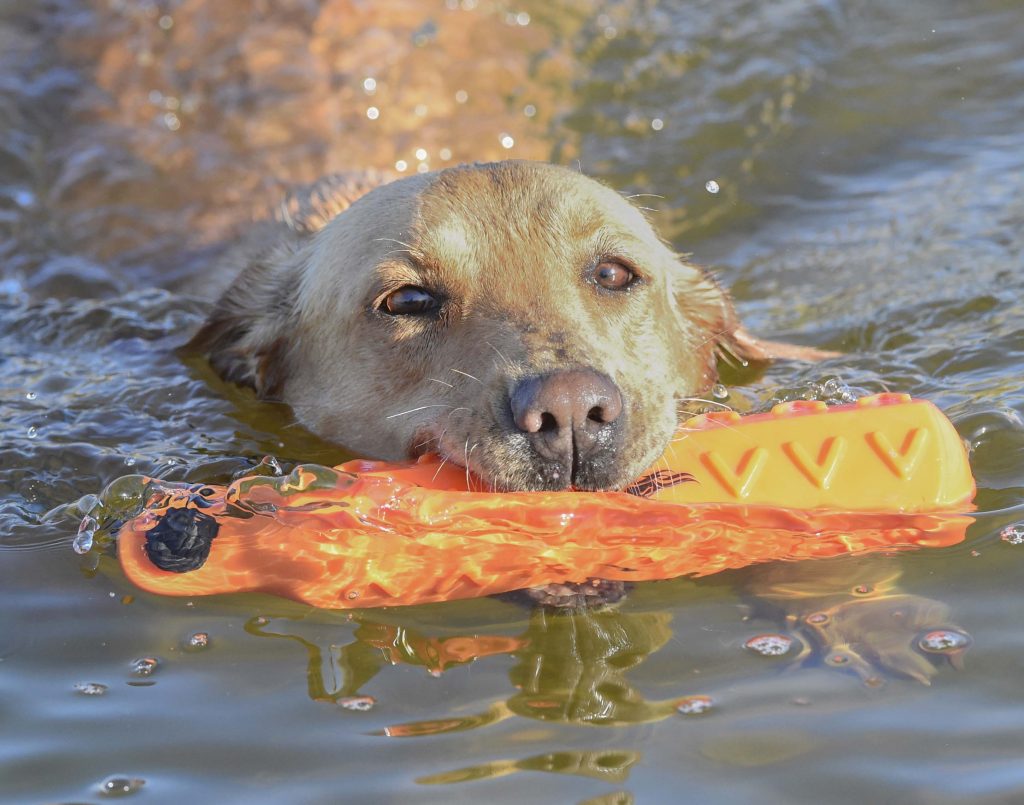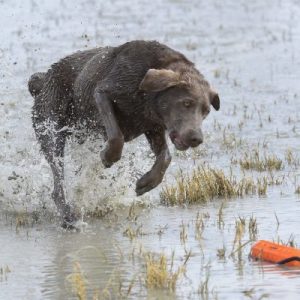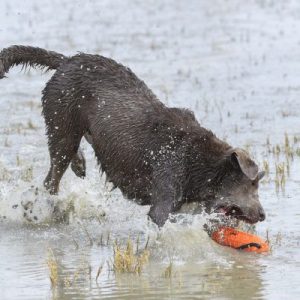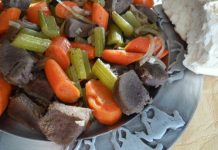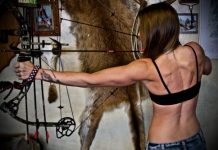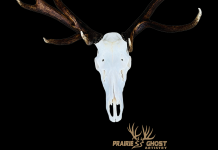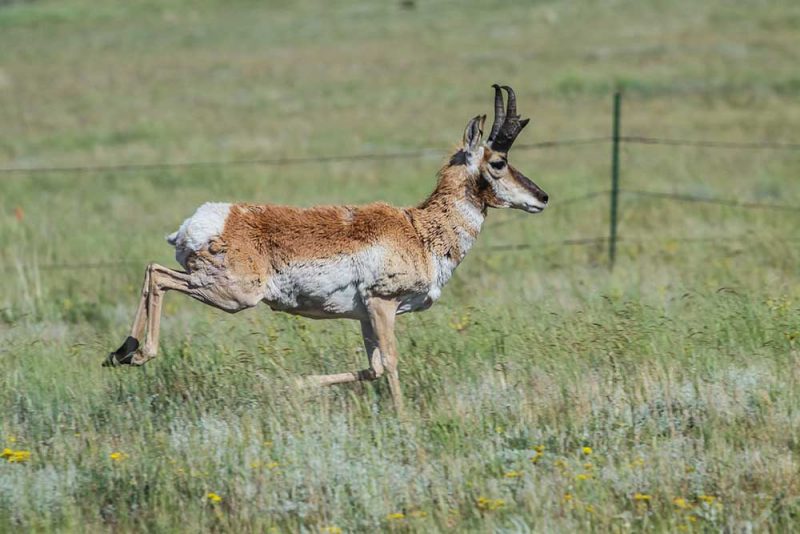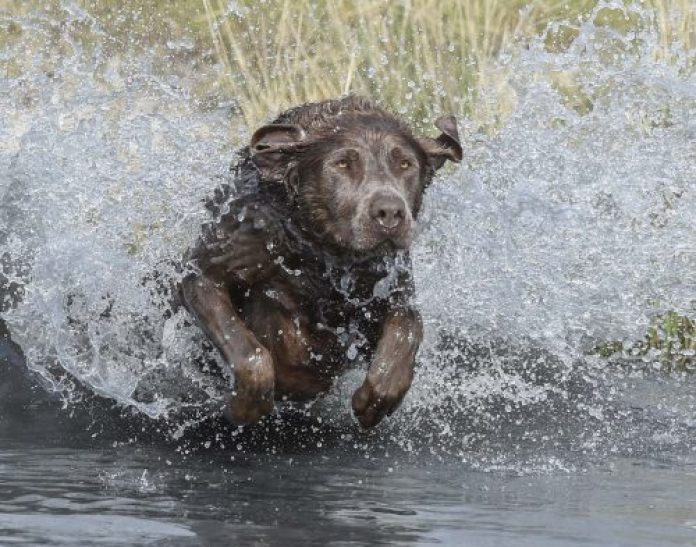
Written by: Steven K Earley
Retriever Skill Set
If you are a waterfowl hunter like me, you have a retriever which probably has a lot in common with mine. He whines, won’t sit still, barks in the blind, breaks and he’ll retrieve a 2,000-pound bull moose for you if you shoot one in his presence. Dogs like mine that can go into the thickest cover and bring back the smallest teal or the largest swan, shake off and start whining for more of the same. Many of us have dogs that are great at retrieving but couldn’t be called great retrievers. In fact, a lot of us couldn’t really define what skill set a great retriever has.
Likewise, the same can be true when it comes to great upland game bird dogs. Maybe a few of you are like me that still wake up in the middle of the night hearing your hunting buddy screaming his dog’s name as it runs off in the distance chasing a rabbit and flushing every rooster in the county while he’s at it. It’s the nightmare hunt that just won’t end. Trust me, “Freckles” is a name I’ll hate forever and I still can’t really warm up to a German Shorthair Pointer.
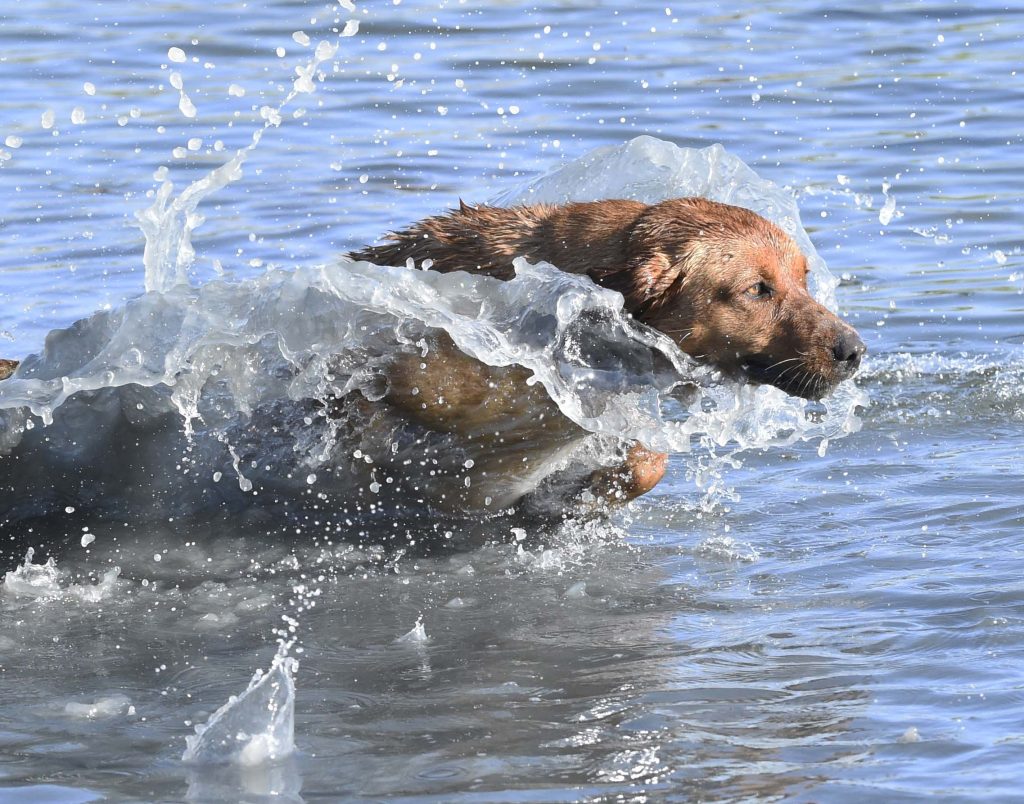
Make Them Great
If you want a dog you could call a great retriever, one solution is hiring a good dog trainer to train your dog. But most of us don’t have the money for a trainer or figure we can “do it ourselves” with a couple of videos. From personal experience, the videos don’t work all that well. Mainly because they fail to do the most important training of all, which is to train the dog handler, namely you.
An alternative to both is to become affiliated with a local retriever or upland bird club. There are a range of clubs and not all specialize in just one breed. Most clubs require a lot of training and practice for the competitive meets.
Commonly, club members will get together on an ad hoc basis to combine resources and train together. This could be anywhere from a couple of guys to a half dozen or more. Becoming part of such a group means you’ll have the chance to observe and participate in the training process of many dogs and see what successes and failures you can expect. But don’t plan on being anything other than an active participant.
It Takes Work
It takes work to set up and man training courses and you will be expected to do your share of work. You might also be asked to chip in a few bucks for birds or some equipment. In return, you’ll get your fair share of patience, coaching and good advice on training your dog and equally yourself as the dog handler. Great retrievers are built one plodding step at a time, a good bloodline only gives you good potential. Same goes for the owner/handler.
In my limited exposure to these groups, the retriever groups are more common. I suppose that’s because there just seem to be more guys out there that hunt with retrievers than upland breeds. For example, my lab would just as soon flush and retrieve a rooster pheasant and chase down a wounded goose running across a harvested grain field.
Plus, the retriever groups don’t tend to be breed specific. A local group I sometimes hang out with has every color of lab, Chessies, Golden Retrievers, a Boykin Spaniel and a Nova Scotia Toller for good measure.
I assume it’s for good reason but as someone once said to me about upland game dog owners in the mid-west; “upland hunting dogs have long since broken down from a general religion into various cults depending on the breed”. This was never so clear to me as while attending a Pheasants Forever convention when I was informed at one booth for a particular breed that the “testing” they advertised was not about testing the dog’s hunting ability but it’s genetics. In this case, it was to prove that their dogs were not from the German line but the Czechoslovakian line. Wow, now that’s getting particular.
Testing vs Trials
I have also found that the groups that promote “hunt testing” rather than “field trials” are groups where you’re more likely to get help. For understandable reasons too. Field trials are very competitive and the higher ranked the dog the higher one can ask for stud fees and puppies. Field trials are serious business where one is more likely to find full-time trainers running their own or client’s dogs. Not much time to help the novice standing on the sidelines.
Hunt test groups are in a better position to help novices with new dogs. Amateur dog trainers and handlers make up the vast majority of these groups. Now being amateurs doesn’t mean they don’t know their dog training. Many can be as good or better than the full-time pro’s but it’s just not their full-time gig.
If you want help building a great retriever check the internet and Facebook to see if you can locate a local group. Make a few phone calls or inquiries and you may find the right group of folks that can make you a better dog handler and your dog a better retriever. And if you’re lucky, you may even become a GREAT retriever/handler combo.
Do you have a training success story when it comes to any of your hunting dogs?
